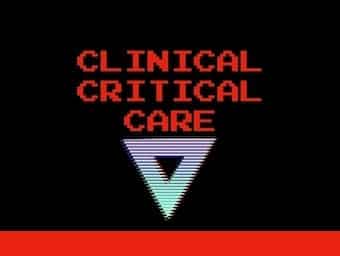
Ruth Illig
Ruth Illig (1924 - 2017) was a German pediatric endocrinologist. Neonatal screening for congenital hypothyroidism; Illig syndrome (1970)

Ruth Illig (1924 - 2017) was a German pediatric endocrinologist. Neonatal screening for congenital hypothyroidism; Illig syndrome (1970)

Update in current chest pain protocols and risk stratification with the use of high sensitive troponin with Barbra Backus
Biography Born 3 February 1772 Died 12 December 1840 Medical Eponyms Key Medical Attributions Major Publications Esquirol E. Des maladies mentales: considérées sous les rapports médical, hygiénique et médico-legal. 1838 [Tome II] Controversies References Bibliography. Jean Étienne Dominique Esquirol (1772…
Marcus Gerbezius (1658-1718) was a Slovenian physician. Provided first description of Stokes-Adams syndrome in 1717
Thomas Sydenham (1624 - 1689) was an English physician.

Peer review lets you see yourself, and your abilities as the rest of the world sees you. Simon Carley

Charles McKinnon (Mack) Holmes (1935 - 2020) was a New Zealand anaesthetist.

Thomas Bartholin (1616 – 1680) was a Danish physician, mathematician and theologian. Trisomy 13 (Bartholin-Patau syndrome - 1657), Refrigeration anaesthesia (1661)

Marie Joubert MD, FRCP. Canadian neurologist. Joubert syndrome (1969)
Thomas Benton Cooley (1871 - 1945) was an American pediatrician and haematologist. Cooley Anemia (1925) [Thalassemia major]

Ida Bianco Silverstroni (1917 - 2006) was an Italian physician and haematologist. Silvestroni-Bianco anaemia (1948); heterozygotous thalassaemia
Petrus Johannes Waardenburg (1886 - 1979) was a Dutch ophthalmologist and geneticist. Waardenburg syndrome (1951); Waardenburg-Jonkers disease (1961); and Shah-Waardenburg syndrome (1981)